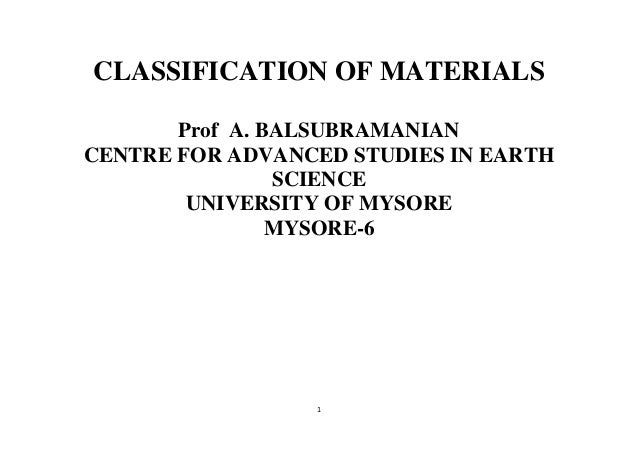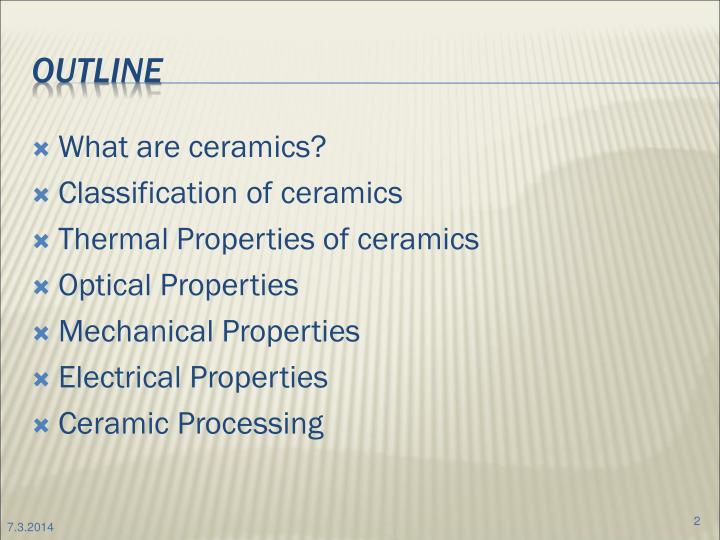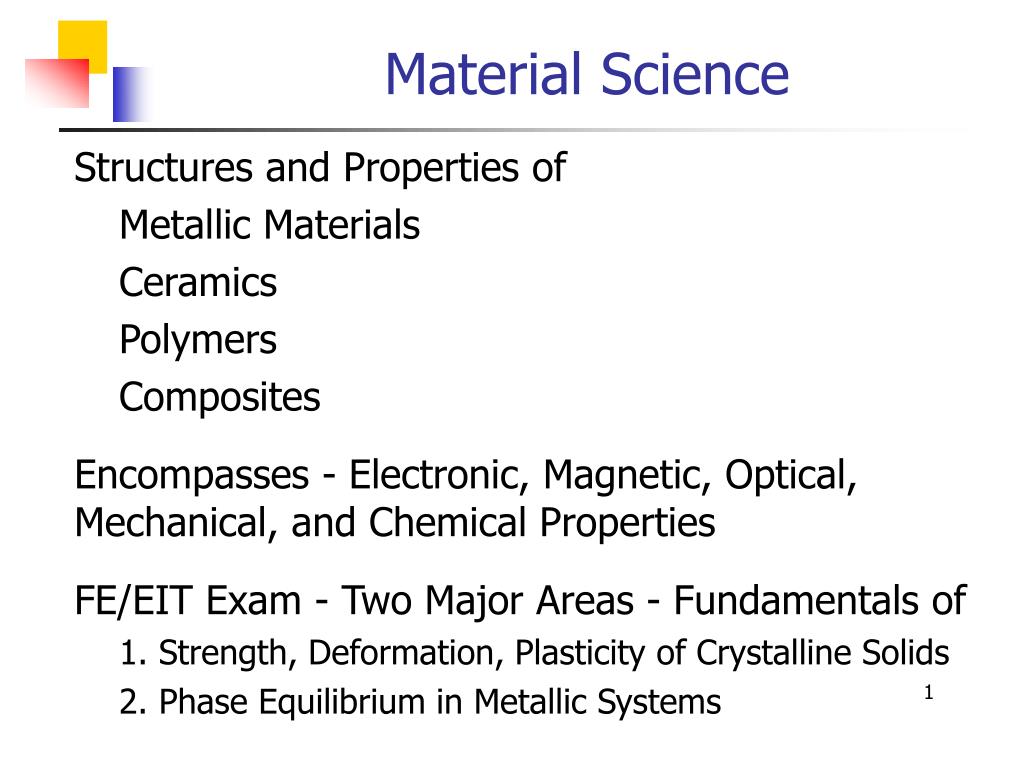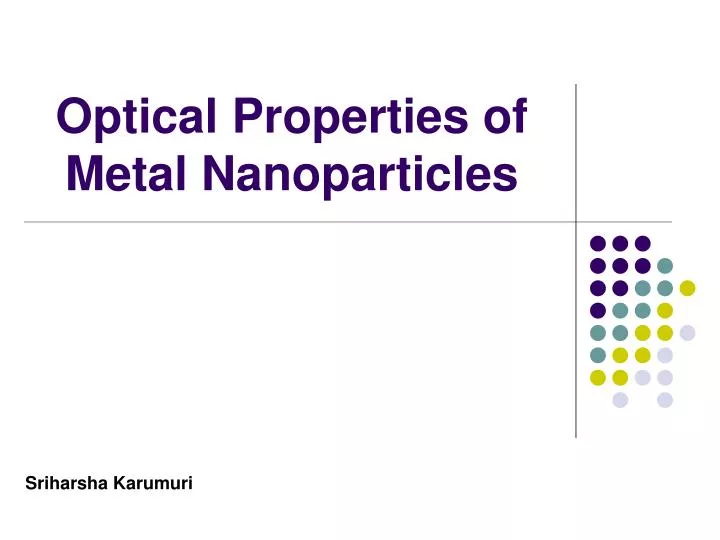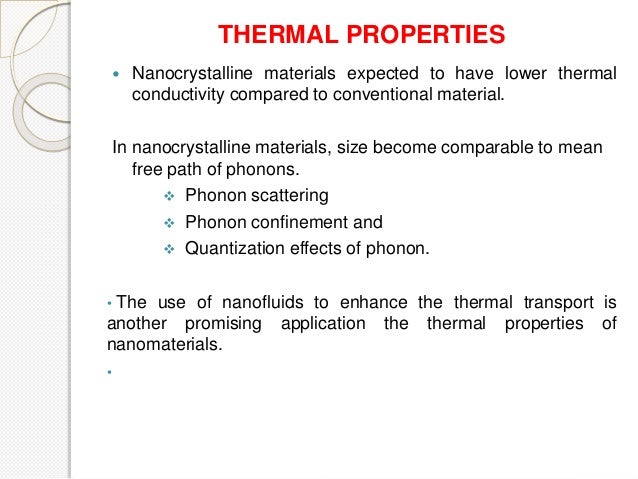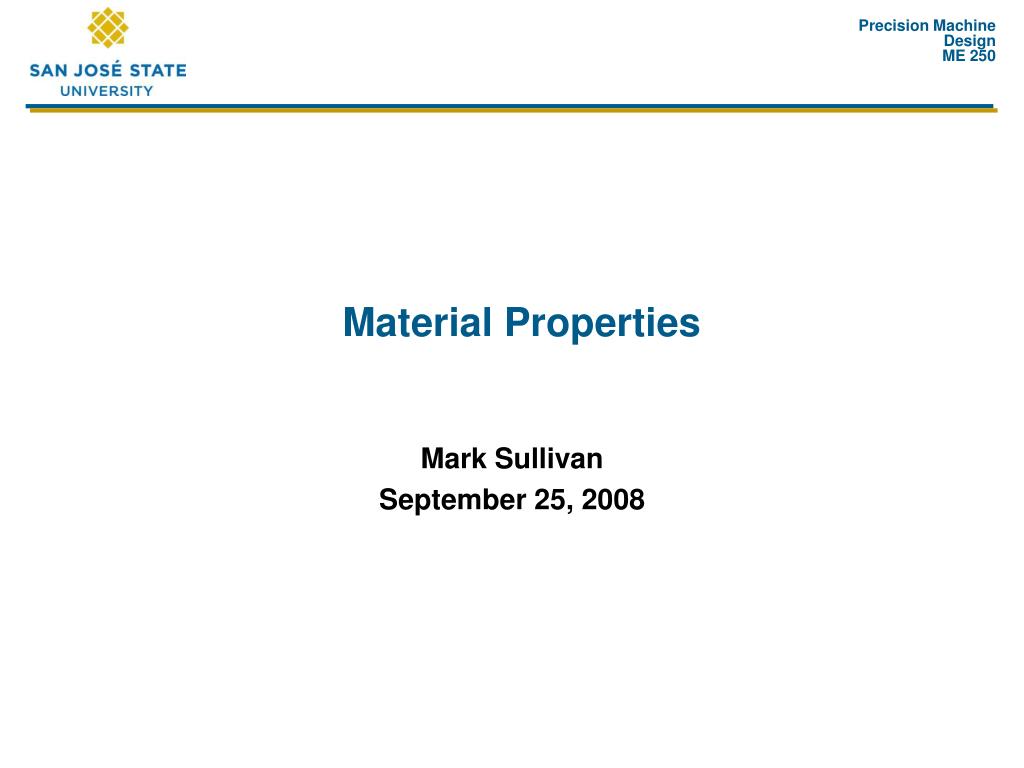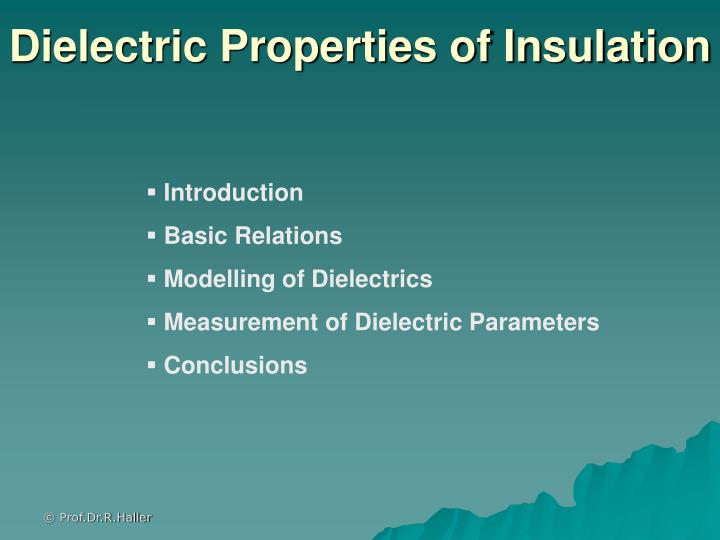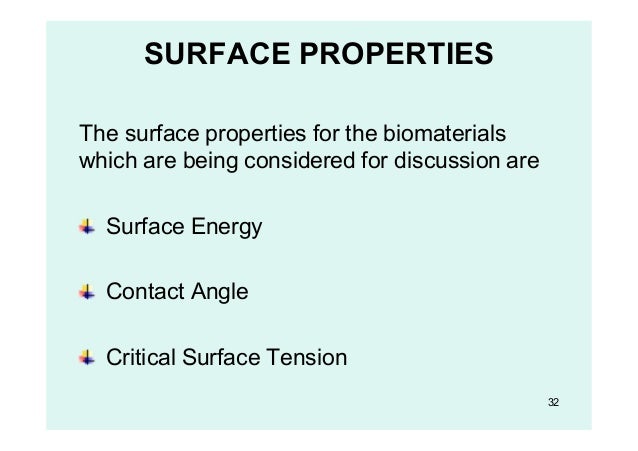Properties of ceramics classification of ceramics ceramic raw material fabricating and processing of ceramic application of ceramics 1 glasses 2 clay products 2 1 structural clay product 2 2 whitewares 3 refractories.
Optical properties of ceramics ppt.
Outline of topic 3.
3dffdc zja5y the adobe flash plugin is needed to view this content get the plugin now.
They possess microscopic grain boundaries and microstructure pores.
Fine ceramics can be made translucent by minimizing pores and boundary elements after sintering and by increasing crystal size in order to reduce boundary interfaces.
Nalluri veeraiah by v.
Ceramics 30 350 gpa metals 50 200 gpa polymers 50 gpa 2.
Optical properties of ceramics refractionlight that is transmitted from onemedium into another undergoesrefraction refractive index n of a material isthe ratio of the speed of light in avacuum c 3 x 108 m s to the speedof light in that material n c v5 6.
Sahaya baskaran and g.
3 1 fireclay 3 2 silica 3 3 basic refractories 3 4 special refractories 4 abrasives 5 cements 6 advanced ceramics.
Modulus e at 25c linearly related to melting temperature tm.
Applications and processing of ceramics.
Ppt optical properties of ceramics powerpoint presentation free to download id.
The aim of this study is to demonstrate the superior optical and mechanical properties of a new class of submicron grain sized alumina ceramics relative to the current state of the art dental.
Optical properties of ceramics6snell principal.
Naga raju on the occasion of the superannuation of nalluri veeraiah from his position as professor from department of physics of acharya nagarjuna university anu at the age of 62 we wish to review his scientific contributions.
Advanced ceramics are fine particles in nature.
Properties depend both on temperature and degree of crystallinity.
Optical properties fine ceramics are sintered materials consisting of microscopic crystal particles separated by boundary elements.
This diffuses the light and it is difficult to transmit the light.
Optical properties of human colon in the spectral range from 350 to 2500 nm optical properties of human colon in the spectral range from 350 to 2500 nm alexey n.
Economic environmental and social issues of material usage.
Single crystals have no grain boundaries or pores hence light can easily pass through.
Multiple choice questions optical properties.
Mechanical properties versus melting temperature.
